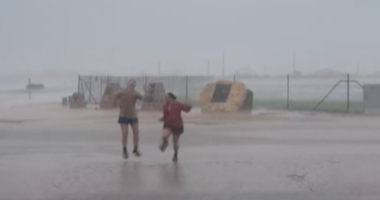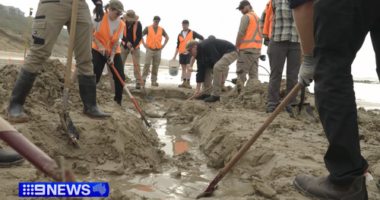Share this @internewscast.com
So what’s involved with the new code? How is it supposed to function? And what impact will it have on children and adults in Australia who use search engines like Google?
What’s in the new code?
The code requires search engine providers to assess and manage “the risk that Australian children might access or encounter online pornography, materials depicting high-impact violence, and self-harm content” in their search results.
The code creates several other rules for search engine providers that will impact everyone.
Apart from these steps, the code obliges search-engine providers to report to eSafety, invest in safety and moderation teams, and collaborate with community organizations.
A single breach could result in a search engine provider copping a fine of up to $49.5 million.
How will the code work in practice?
Yet, the government’s recent age assurance trials highlighted concerns about the accuracy of age estimation tools, despite claims of their overall effectiveness.
Changing how people search
The Google ecosystem includes Gmail, Google Drive, and Google Maps, providing seamless integration between search and other tools and tasks.

Google has a large suite of popular apps and services, such as Gmail, Google Drive and Google Maps. Source: Getty / Chesnot
Repeated age assurance requests could disrupt the seamlessness of content-sharing across devices that users now experience.
This means results generated by Google’s Gemini AI service fall under the code, alongside traditional search results.
This may make searching even more confusing for users, as many people may not understand the limitations of treating generative AI tools like search engines – but they are not.
Will the code work?
Lisa M. Given is a professor of information sciences and the director of the Social Change Enabling Impact Platform at RMIT University.
![]()













